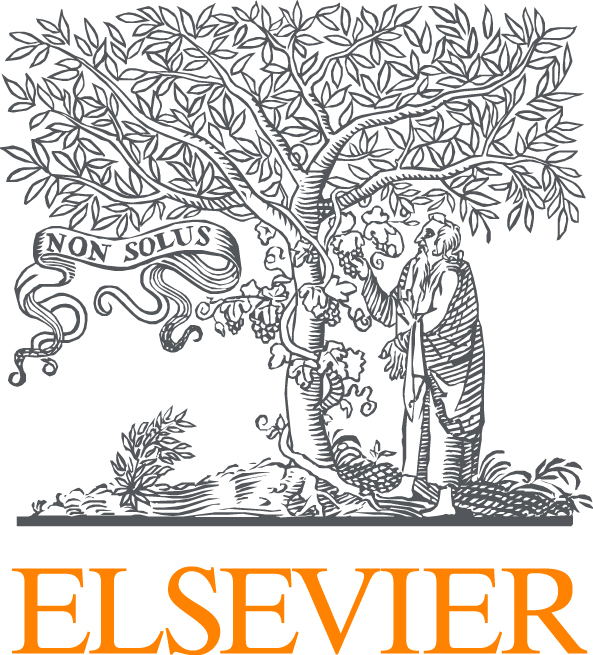A metacognitive tool: Theoretical and operational analysis of skills exercised in structured concept maps
Extrait (article disponible uniquement en anglais)
Developing meaningful learning is not only difficult to achieve but also time consuming, because it requires a large number of different skills to develop and master. Many studies have shown that organizing knowledge in concept maps helps teachers and students to develop such a meaningful learning (Nesbit, J.C., Adescope, O.O., 2006. Learning with concept and knowledge maps: a meta-analysis. Rev. Educ. Res. 76:3, 413–446). Based on the work of Tyler (Tyler, R.W., 1950. Basic principles of Curriculum and Instruction. University of Chicago Press, Chicago, IL) and Anderson (Anderson, L.W., Krathwohl, D.R., Airasian, P.W., Cruikshank, K.A., Mayer, R.E., Pintrich, P.R., Raths, J., Wittrock, M.C., 2001. A Taxonomy for Learning, Teaching, and Assessing: A revision of Bloom?s Taxonomy of Educational Objectives. Longman, New York), this study proposes to characterize and to organize precisely, rigorously, and operationally in a two-dimensional matrix, the skills exercised during the elaboration of concept maps, here referred to as context-dependent and hierarchically structured concept maps (sCM). These skills correspond to those actually needed in transfer of knowledge, and the matrix could be used as an instructional tool to assist learners and teachers in this transfer. In addition it allows them to pay attention to the cognitive processes and types of knowledge involved during sCM elaboration. Making explicit the taxonomic levels of cognitive efforts implemented while organizing knowledge in a concept map could constitute a useful metacognitive tool to focus the teachers and learners? attention and efforts towards achieving higher-order thinking skills and meaningful learning.

Lien vers l’article complet (ScienceDirect)
https://www.sciencedirect.com/science/article/pii/S2213020914000263
(Possibilité de télécharger l’article en PDF depuis le site de ScienceDirect)
